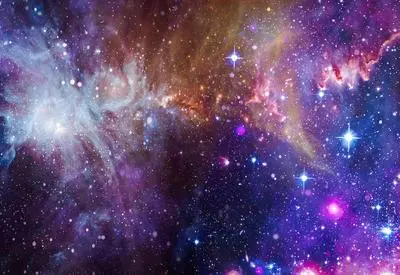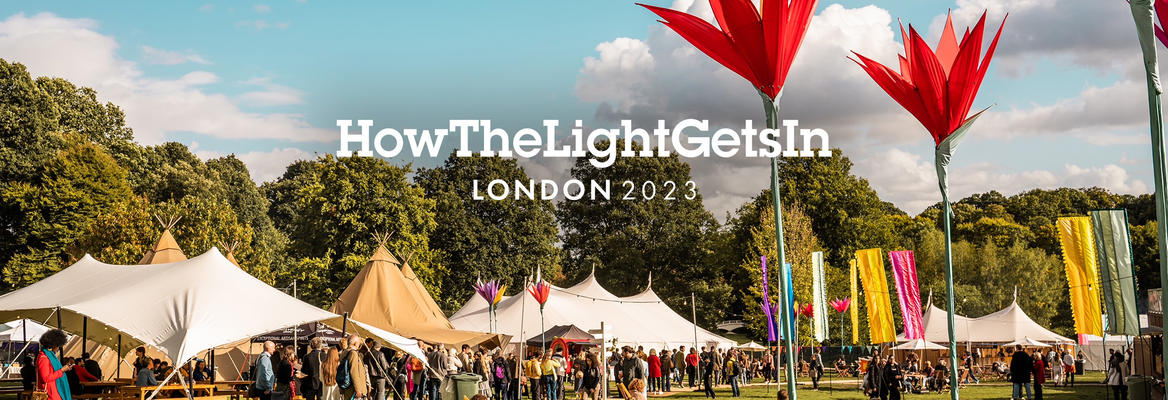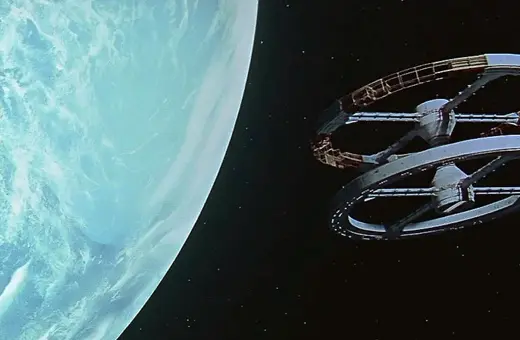In the run up to HowThelightGetsIn festival – the world’s largest philosophy and music festival - in London’s Hampstead Heath September 23 – 24, we asked some of our regular hosts and speakers what they thought the most important debates were for this century. Anders Sandberg, Joanna Kavena, Hilary Lawson, Philip Collins, Bjørn Ekeberg, Barry Smith, Peter Tachel and Myriam François respond.
The most important debate to have in the 21st century is how to coordinate about rapid solutions to emergent global problems. We saw it partially happen during Covid-19, but other crises are plausible - systemic risks, runaway AI and biotech, new forms of crime, etc. We need mechanisms that can quickly mobilize the right parts of humanity, whether states, companies, NGOs or individuals, to make use of the tools we have to fix things, and reward them for doing so.
Anders Sandberg is Senior Research Fellow, Future of Humanity Institute, University of Oxford, Senior Research Fellow, Oxford Martin School and Ethics and Value Fellow, Reuben College. He will be taking part in the debate on A Radical Step to Gender Equality, alongside radical author Mary Harrington and post-socialist studies Kristen Ghodsee.
 SUGGESTED READING
Hacking Love Isn’t Cheating
By Anders Sandberg
SUGGESTED READING
Hacking Love Isn’t Cheating
By Anders Sandberg
Can algorithmic systems ever capture human complexity? Nearly a century ago, Godel registered the incompleteness of even the most beautiful mathematical systems, let alone venerable and mutable words. Yet, today 'automagical' AI (Google's term) presupposes a direct link between formal language systems and the world, including our inner lives. But can consciousness and complex experience be modelled syntactically with total accuracy? If not, what happens to elements that can't be fathomed within algorithmic systems? Are they dismissed as unreal, superfluous? (like being trapped in a novel by Philip K Dick...) Also: who is in charge of the formal settings of this online (and, increasingly, offline) reality - and what do they want?
Joanna Kavenna is a writer and winner of the Orange First Novel prize. Her works include A Field Guide to Reality, The Ice Museum and Inglorious. Her journalism has appeared in the London Review of Books, The Guardian, and the New York Times. She will be taking part in the debate on Creativity and Freedom, alongside prominent barrister and political activist, Jolyon Maugham, and journalist and filmmaker Myriam François.
Desperate tinkering, or paradigm shift? A debate in cosmology that has long been marginalized is finally orbiting closer to the centre of public discourse. New data from the James Webb Space Telescope reinforce growing discrepancies between our measurements of the universe and the predictions of the standard theoretical model. Some established parts of the theory, such as dark matter, have been challenged by dissidents in the field, but now, observations such as galaxies billions of light years older than the hypothesized Big Bang, or highly divergent measurements of the so-called Hubble constant, point to more fundamental problems.
Against the operative tendency in science to keep readjusting the model within the existing framework, is science able to reinvent its understanding of the universe to make better sense of what we see? Or is science stuck fitting data to the same model we have used for more than half a century even if it does not appear to work? Or is the cosmos simply too mysterious for science to be able to find a single coherent explanation?
Bjørn Ekeberg is a philosopher of science, author of Metaphysical Experiments Physics and the Invention of the Universe. He will be taking part in a debate on Particle Physics and Fairy Tales, alongside science communicator Sabine Hossenfelder, theoretical physicist Gavin Salam.
 SUGGESTED READING
The Delusions of Cosmology
By Bjørn Ekeberg
SUGGESTED READING
The Delusions of Cosmology
By Bjørn Ekeberg





















Join the conversation